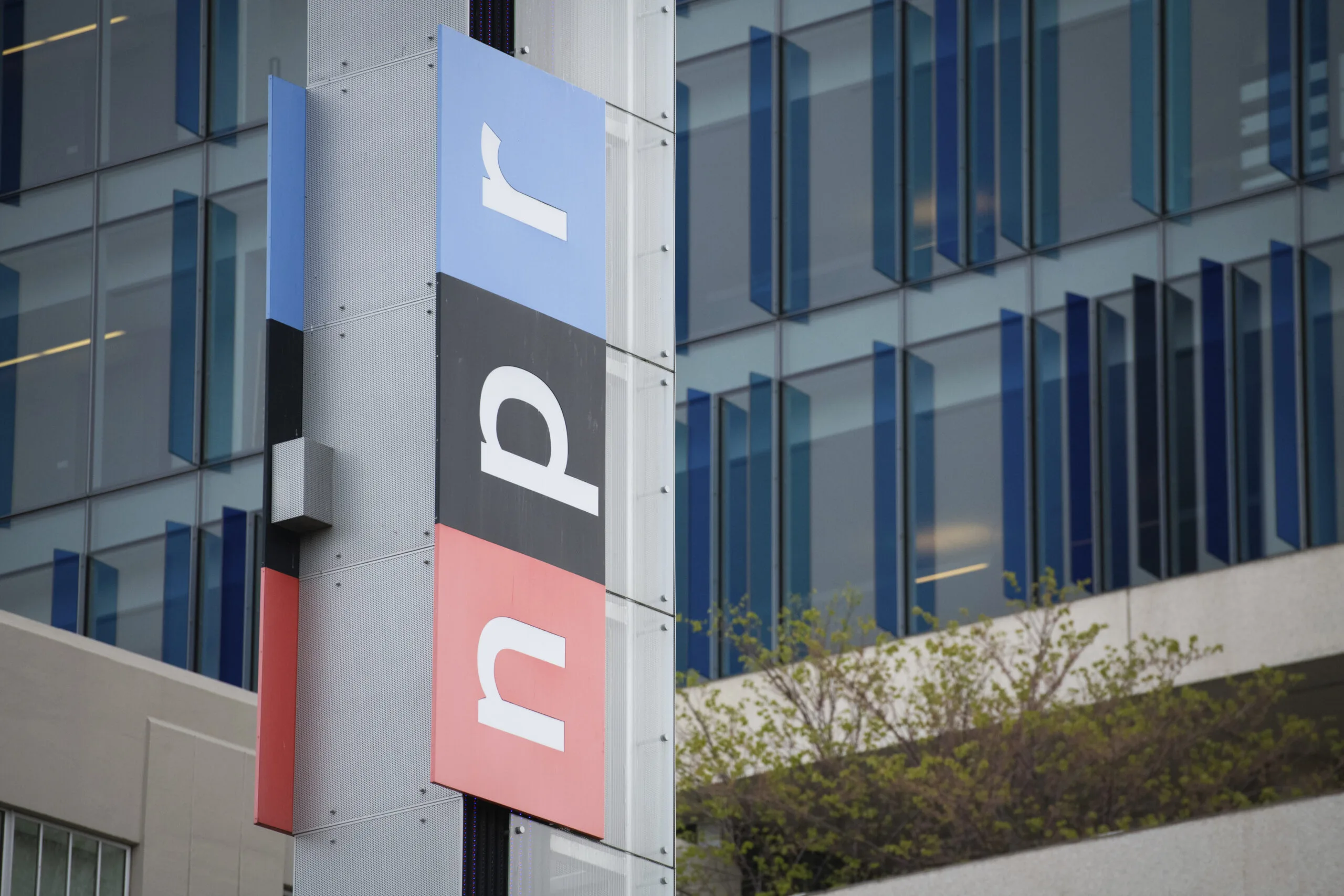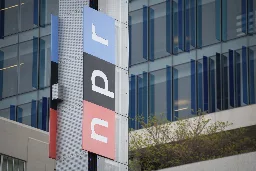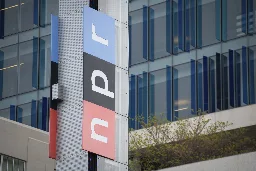Six Months Ago NPR Left Twitter. The Effects Have Been Negligible
Six Months Ago NPR Left Twitter. The Effects Have Been Negligible

Six Months Ago NPR Left Twitter. The Effects Have Been Negligible | Nieman Reports

A lot of people threaten to leave Twitter. Not many of them have actually done it.
This was true even before Elon Musk’s purchase of the platform a year ago. But the parade of calamities since — cutting back on moderation, unplugging servers, reinstating banned accounts, replacing verified check marks with paid subscription badges, throttling access to news sites, blaming the Anti-Defamation League for a decline in advertising — has made stepping away more appealing, either because the timeline is toxic or because the site simply doesn’t function the way it used to.
Last April, the company gave NPR a reason to quit — it labeled the network “U.S. state-affiliated media,” a designation that was at odds with Twitter’s own definition of the term. NPR stopped posting from its account on April 4. A week later, it posted its last update — a series of tweets directing users to NPR’s newsletters, app, and other social media accounts. Many member stations across the country, including KUOW in Seattle, LAist in Los Angeles, and Minnesota Public Radio, followed suit.
Six months later, we can see that the effects of leaving Twitter have been negligible. A memo circulated to NPR staff says traffic has dropped by only a single percentage point as a result of leaving Twitter, now officially renamed X, though traffic from the platform was small already and accounted for just under two percent of traffic before the posting stopped. (NPR declined an interview request but shared the memo and other information). While NPR’s main account had 8.7 million followers and the politics account had just under three million, “the platform’s algorithm updates made it increasingly challenging to reach active users; you often saw a near-immediate drop-off in engagement after tweeting and users rarely left the platform,” the memo says.
There’s one view of these numbers that confirms what many of us in news have long suspected — that Twitter wasn’t worth the effort, at least in terms of traffic. “It made up so little of our web traffic, such a marginal amount,” says Gabe Rosenberg, audience editor for KCUR in Kansas City, which stopped posting to Twitter at the same time as NPR. But Twitter wasn’t just about clicks. Posting was table stakes for building reputation and credibility, either as a news outlet or as an individual journalist. To be on Twitter was to be part of a conversation, and that conversation could inform stories or supply sources. During protests, especially, Twitter was an indispensable tool for following organizers and on-the-ground developments, as well as for communicating to the wider public. This kind of connection is hard to give up, but it’s not impossible to replace.
The week after NPR and KCUR left Twitter, the Ralph Yarl shooting happened in Kansas City. Rosenberg says it was “painful” to stay off Twitter as the story unfolded. “We had just taken away one of our big avenues for getting out information, especially in a breaking news situation — a shooting, one that deals with a lot of really thorny issues of racism and police and the justice system. And a lot of that conversation was happening on Twitter,” Rosenberg says. Instead of rejoining Twitter, KCUR set up a live blog and focused on posting to other social networks. NPR’s editors worked with the station to refine SEO and help spread the story. Even though the station itself wasn’t posting to Twitter, Rosenberg says the story found an audience anyway because very engaged local Twitter users shared the piece with their networks. And while the station informed these users through its website, it also reached new users on Instagram, where Rosenberg says KCUR has “tripled down” its engagement efforts.
On Instagram, KCUR’s strategy is less about driving clicks and more about sharing information within the app. “Instagram doesn’t drive traffic, but frankly neither did Twitter,” Rosenberg says. NPR, meanwhile, has been experimenting with Threads, a new app built by Instagram that launched in July, where NPR is among the most-followed news accounts. Threads delivers about 63,000 site visits a week — about 39 percent of what Twitter provided. But NPR’s memo notes that clicks aren’t necessarily the priority, and the network is “taking advantage of the expanded character limit to deliver news natively on-platform to grow audiences — with enough information for a reader to choose whether to click through.”
NPR posts less to Threads than it did to Twitter, and the team spends about half as much time on the new platform as it did on the old. Danielle Nett, an editor with NPR’s engagement team, writes in the staff memo that spending less time on Twitter has helped with staff burnout. “That’s both due to the lower manual lift — and because the audience on Threads is seemingly more welcoming to publishers than on platforms like Twitter and Reddit, where snark and contrarianism reign,” Nett writes.
These strategies move publishers further away from seeing social media as a source of clicks. This could be a risky pivot away from traffic sources, given that NPR and many member stations have laid off staff or made other cuts due to declining revenues. But the social media clickthrough audience has never been guaranteed; a Facebook algorithm change this year also tanked traffic to news sites. Instead, recognizing that social media is not a key to clicks seems like a correction to years of chasing traffic through outside platforms.
There were signs of social media’s waning importance before the Twitter sale as well as predictions that the era of social media-driven news is coming to an end. But changes to X in the last year have only accelerated these trends, underlining that social media is less rewarding to publishers and less fun for users than it used to be. “The quality of our engagement on the platform was also suffering” before April, Nett wrote in a followup email. “We were on average seeing fewer impressions and smaller reach on our tweets, despite keeping a similar publishing cadence. And I know this is anecdotal, but as someone looking at the account every day, spam replies were getting much more frequent — starting to overpower meaningful feedback and conversation from audiences.” Musk’s now-retracted relabeling of NPR could be seen as a last straw, or as an open door to leave a platform that had lost its utility.
By many estimates, active daily users on Twitter/X are in decline. Not everyone who leaves does it like NPR, in a flurry of headlines and with a final post pinned to their timeline. Instead, it’s more mundane. They check less and less often, finding it less useful, less compelling. It’s not easy to decide to back away; there’s still a fear about leaving — a fear of missing out on a great conversation or a new joke. But as a platform becomes less reliable — either editorially or technically — staying becomes more fraught. And as NPR has demonstrated, you may not be giving up all that much if you walk away.

